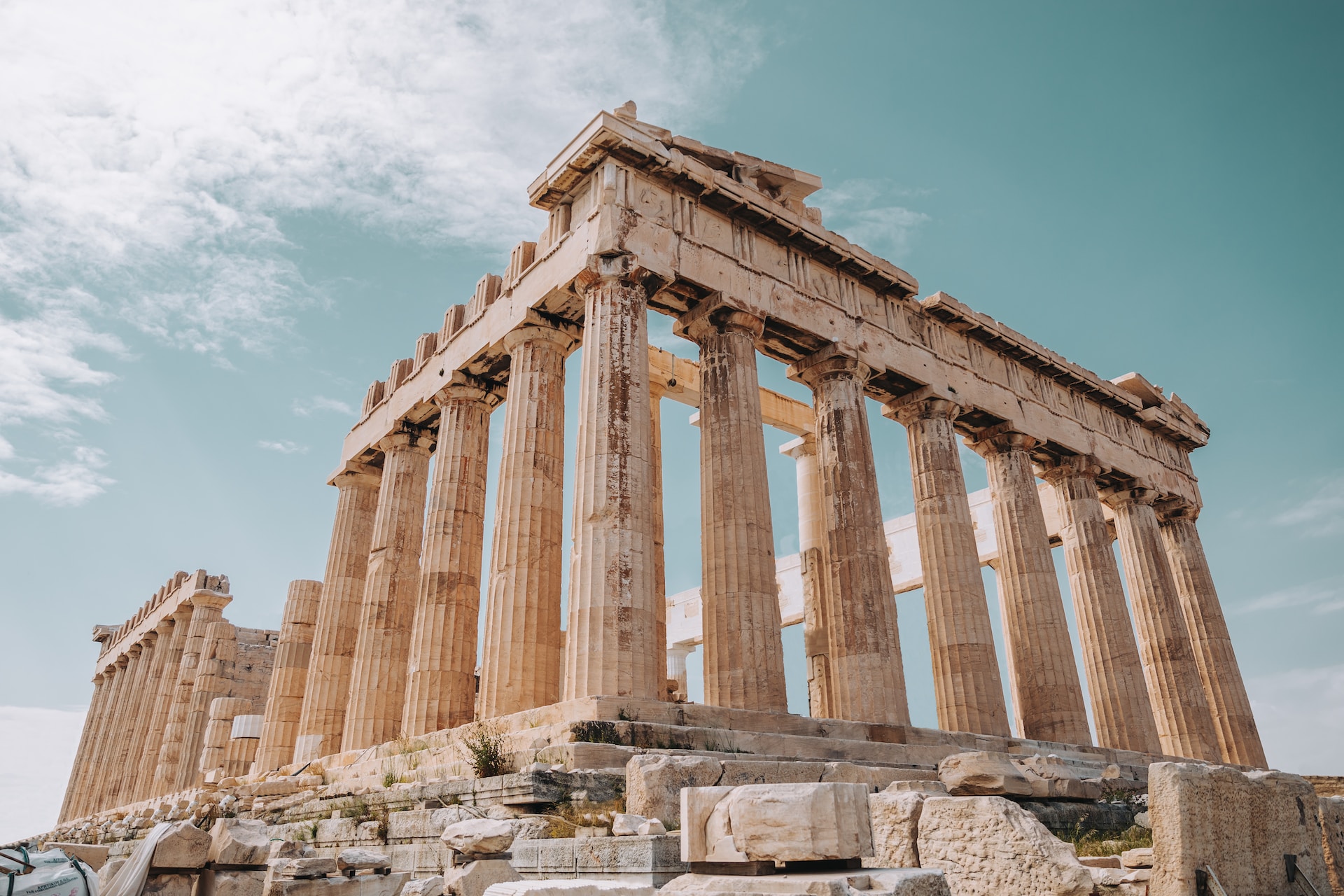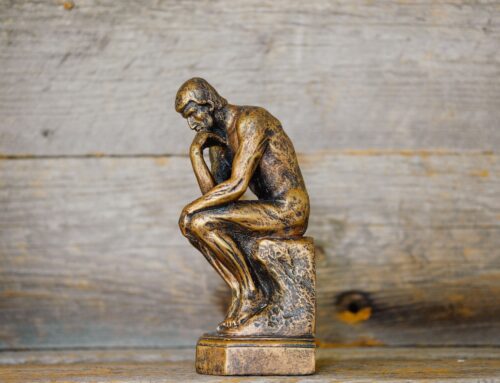In the vast tapestry of human history, one quest remains evergreen: the journey to understand oneself. From Athens’ grand halls to ancient China’s serene temples, introspection stands central to human thought. This post dives deep into ancient wisdom, showing that though the world evolves, the pursuit of self-understanding remains steadfast.
Socrates: The Questioner of Athens
Picture ancient Athens, with its marble columns and cobbled streets. Among its denizens was Socrates, who would engage any willing ear, not for idle chatter, but for profound reflection. His assertion, “An unexamined life is not worth living”, wasn’t merely a statement but a challenge — a call to introspect and unearth inner truths.
Action Steps:
- Daily Reflection: Dedicate 10 minutes each day for silent reflection on thoughts, actions, and emotions.
- Question Assumptions: When holding a belief, challenge it. WHY do you believe it so firmly?
Aristotle: The Observer of Patterns
Within the confines of the Lyceum, Aristotle merged introspection with observation. To him, the rhythm of nature held parallels to our inner worlds. He once mused, “Knowing yourself is the beginning of all wisdom.” It was an invitation to see the inner self as a microcosm of the vast universe.
Action Steps:
- Journaling: Maintain a daily journal, capturing observations about oneself, noting patterns and growth areas.
- Analyze Decisions: Reflect on significant decisions. Were they reasoned or emotionally charged?
Laozi and Confucius: The Eastern Luminaries
Venturing eastward, in the serene gardens of China, philosophers like Laozi and Confucius contemplated life’s essence. Laozi equated self-awareness with enlightenment, saying, “He who knows others is wise; he who knows himself is enlightened.” Confucius, on the other hand, saw introspection as a mirror reflecting both our virtues and flaws, urging, “When we see men of worth, we should think of equaling them; when we see men of a contrary character, we should turn inwards and examine ourselves.”
Action Steps:
- Mindfulness Meditation: Incorporate daily practice, resonating with Laozi’s emphasis on understanding the Dao.
- Role Reflection: Reflect on societal roles. Are they fulfilled with integrity and purpose?
The Stoic Sanctuary: Seneca and Aurelius
In the heart of Rome, Stoics like Seneca and Marcus Aurelius found oases of calm amidst the empire’s chaos. Seneca, with wisdom beyond his years, wrote, “It’s not because things are difficult that we dare not venture. It’s because we dare not venture that they are difficult.” Marcus Aurelius, meanwhile, held that our inner worlds could be fortresses. He counseled, “You have power over your mind, not outside events. Realize this, and you will find strength.”
Action Steps:
- Stoic Journal: Conclude the day by capturing challenges and growth opportunities.
- Embrace Challenges: See adversities as growth platforms, echoing Stoic teachings.
Protagoras: Shaping Reality
Protagoras, often seen as a contrarian, shed light on the malleability of reality with his claim, “Man is the measure of all things.” His perspective suggests our perceptions don’t merely reflect reality — they shape it.
Action Steps:
- Expand Perspectives: Engage with diverse cultures and philosophies to understand one’s worldview better.
- Intuitive Exercises: Dedicate time to intuitive activities, mirroring Protagoras’ focus on perception.
Relevance in Today’s World
In a hyper-connected digital age, where information flows endlessly and attention is a premium currency, the challenges of understanding oneself have become even more pronounced. Ancient philosophical insights aren’t just quaint adages from the past; they offer an essential antidote to the complexities of our modern lives.
- Information Overload: Today, the barrage of information can cloud judgment and erode personal beliefs. Socratic questioning and the Stoic emphasis on inner reflection can act as a filter, helping discern what’s truly essential from mere noise. By regularly examining our lives and reflecting on our inner thoughts, we can distill wisdom from the torrents of data.
- Digital Persona vs. Real Identity: Social media has created a dichotomy between our online personas and our authentic selves. Confucius’ teachings on personal integrity and societal roles remind us to bridge this gap, ensuring that our virtual representations are congruent with our true nature.
- Erosion of Community: As technology has connected us globally, there’s a paradoxical disconnection at the community level. The Athenian Agora and Confucian emphasis on societal roles underscore the importance of local community engagement, fostering genuine human connection.
- Mental Health Challenges: Rising mental health issues in today’s society are exacerbated by isolation, relentless ambition, and societal pressures. Stoicism, with its focus on controlling one’s reactions and finding tranquility in chaos, can offer solace. Marcus Aurelius’ reflections, for instance, teach us to find strength internally, irrespective of external events.
- Relativism and Truth: In an era of “fake news” and shifting truths, Protagoras’ assertion that “Man is the measure of all things” encourages a grounded personal philosophy. By understanding oneself and refining personal beliefs, we can navigate the gray areas of modern ethics and truth.
Action Steps:
- Intentional Media Consumption: Instead of passive scrolling, choose to engage with meaningful content that aligns with personal values, reflecting the Stoic focus on purposeful action.
- Authentic Digital Interaction: Ensure your online interactions and persona reflect your genuine self, drawing inspiration from Confucian teachings on integrity.
- Engage Locally: Attend community events or join local organizations, revitalizing the spirit of the Athenian Agora in modern contexts.
- Mindfulness Practices: Adopt meditation or reflective exercises to address mental wellbeing, echoing the Stoic and Eastern emphasis on inner tranquility.
- Personal Philosophy Journal: Dedicate time to write down and refine personal beliefs, navigating the relativistic challenges of modern truth.
A Closing Thought
While our surroundings have transformed dramatically since ancient times, the human core – with its desires, anxieties, and potentials – remains consistent. By intertwining age-old wisdom with modern challenges, we discover a compass that can guide us through today’s tumultuous seas. Ancient philosophy, thus, isn’t an archaic relic but a living, breathing guide for our times.
Photo by Spencer Davis on Unsplash





